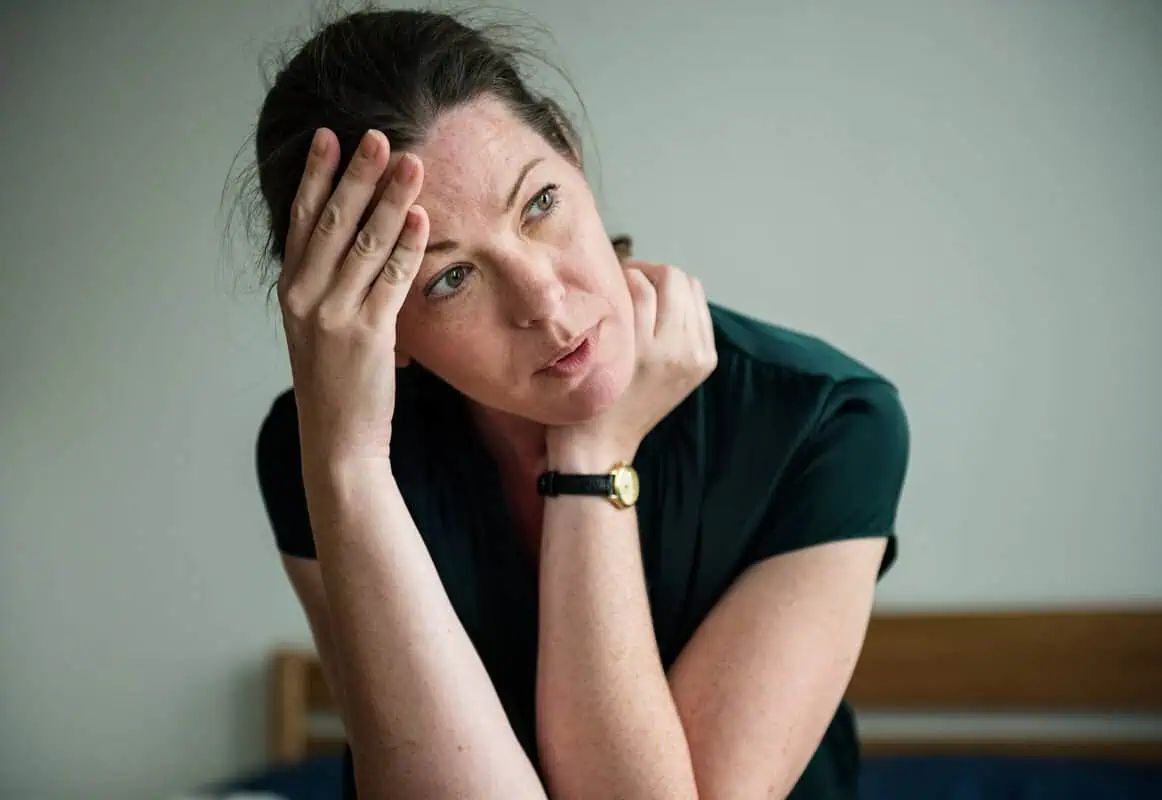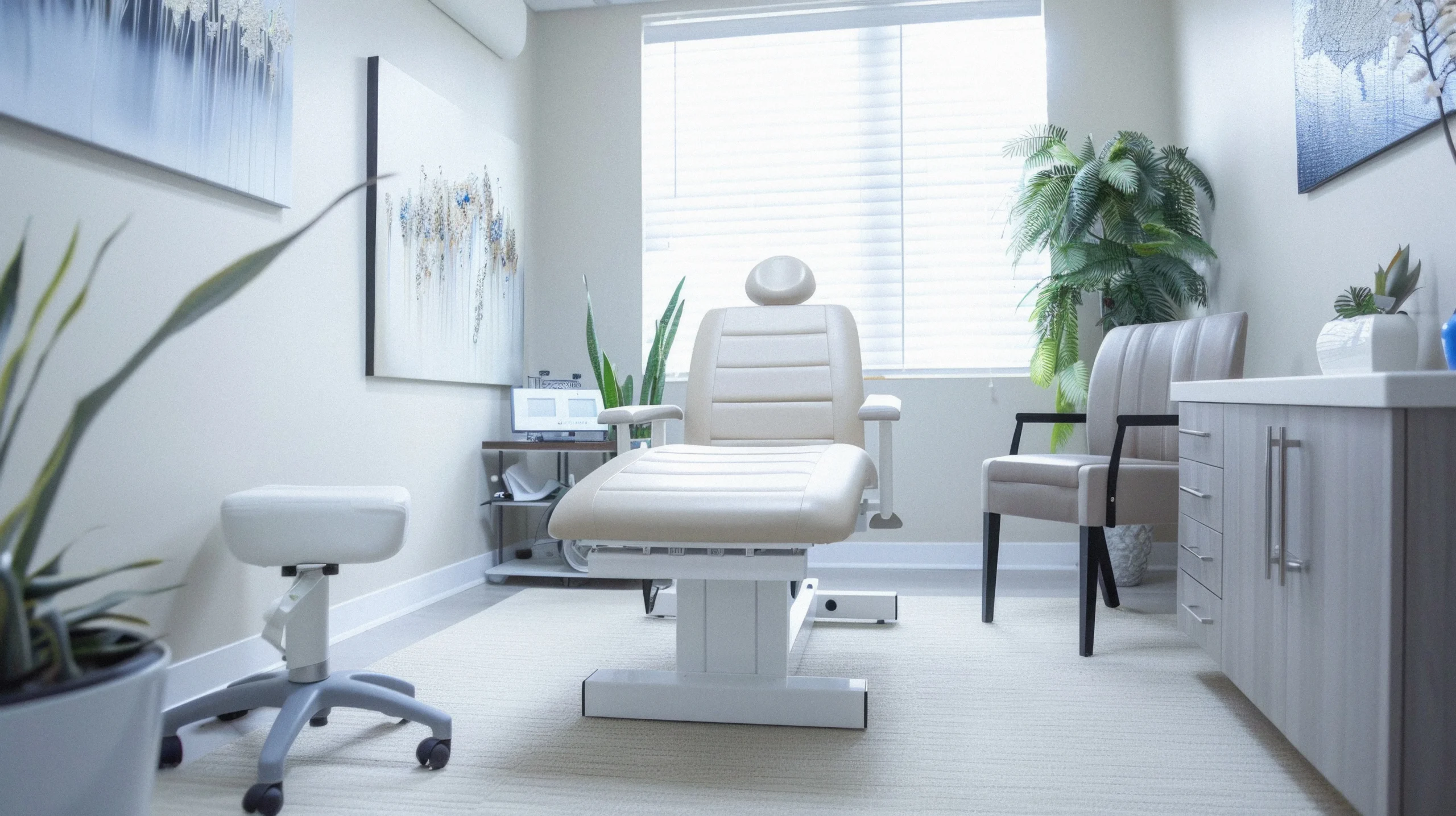Imagine a world where someone struggling with anxiety or depression was locked away in an overcrowded institution. Shocking, right? Well, that was the reality for many people with mental illness not too long ago. Thankfully, times have changed, and a big part of that change is thanks to the tireless efforts of mental health advocates. Let’s take a trip down memory lane to see how we got from asylums to awareness.
The Dark Days: A Life Less Ordinary
In the early 1900s, people with mental illness faced a grim reality. Asylums, the forerunners of psychiatric hospitals, were often more like dungeons than places of healing. Imagine being separated from your loved ones, thrown into a chaotic environment with little to no treatment. That’s what Clifford Beers endured. After a harrowing experience in an asylum, Beers emerged determined to change the system.
A Spark of Hope: Beers and the Birth of Advocacy
Beers’ story became a rallying cry. In 1908, he published “A Mind That Found Itself,” a powerful memoir that exposed the horrors of asylums. His book struck a chord with the public, sparking the National Committee for Mental Hygiene, now known as Mental Health America (MHA). This organization, along with others, pushed for reform, advocating for more humane treatment and better living conditions for those with mental illness.
From Week to Month: A Growing Movement
The fight for mental health awareness didn’t stop there. In 1949, the first Mental Health Week was established in the United States. Imagine a time when talking about mental health was taboo! This week was a crucial step in chipping away at the stigma and encouraging open conversations. Fast forward to today, and Mental Health Awareness Month has become a global phenomenon, with countless organizations and individuals working to break down barriers and promote mental well-being.
The Future is Bright: A World of Understanding
The journey from asylums to awareness has been long and arduous, but the progress is undeniable. Today, we have access to a wider range of treatments, from therapy to medication. More importantly, the conversation around mental health is becoming more open and inclusive. Celebrities, athletes, and everyday people are sharing their stories, helping to chip away at the stigma and normalize the need for mental health support.
It’s All About Us: You and Me
The fight for mental health awareness isn’t over, but it’s a fight worth having. By learning about the history of advocacy and understanding the struggles of the past, we can build a brighter future where everyone feels comfortable seeking help and talking about their mental health. Remember, mental health is just as important as physical health. If you or someone you know is struggling, there are resources available. Don’t be afraid to reach out for help – it’s a sign of strength, not weakness.









